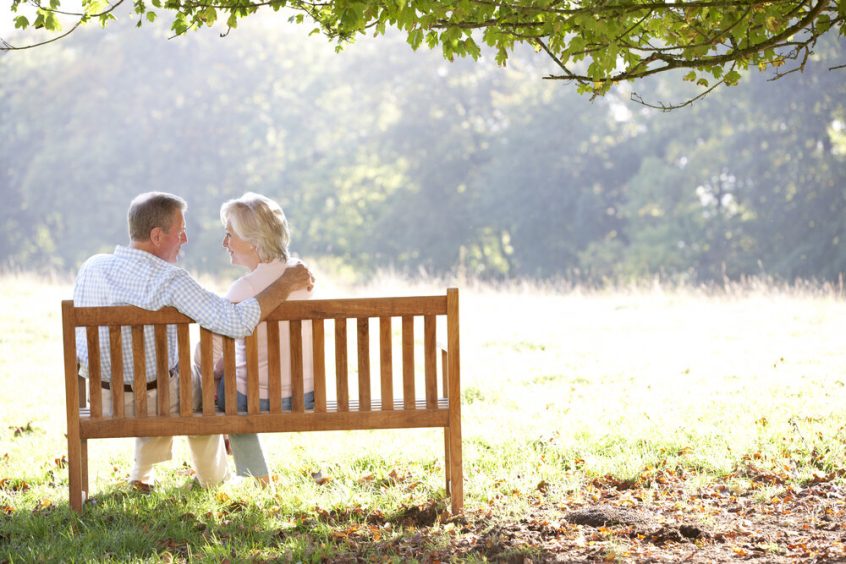Summer means spending more time outdoors enjoying warmer weather. However, in the heat of the sun, dehydration, heatstroke, and other heat-related emergencies can occur if adequate prevention measures are not taken. To prevent a heat-related emergency from happening, these five safety tips should be followed:
1. Stay Hydrated
Drinking 6-8 glasses of water per day is vital in maintaining a well-hydrated body. The human body is made of 60% water and so keeping well hydrated is essential when in the summer heat. Water should be consumed regularly throughout the day rather than just when one feels thirsty. Feeling thirsty means that dehydration is already setting in. As the human body ages, the feeling of thirst is less noticeable and occurs much later on than it should, so frequent hydration should be an even more important task as one ages. Seniors are advised to bring a water bottle with them wherever they go and to avoid consuming pop, alcohol, and various caffeinated beverages that can further dehydrate the body.
2. Dress Appropriately
In the extreme heat of summer, it is advised to wear light, loose-fitting clothing to keep air circulating and allow heat to escape. Wearing lighter colours like white, yellow and orange will help to reflect sun’s rays. Wearing light, long-sleeve shirts will also help to keep direct sunlight off the skin. Wide-brimmed hats that shade the neck and face as well as UVA/UVB blocking sunglasses are recommend to stay cool and prevent the risk of sun-related eye damage like cataracts from forming in the eyes.
3. Apply Sun Screen
The application and re-application of a good sunscreen (SPF 15 or higher) throughout the day is a good way to prevent becoming sunburnt. Sunburns actually prevent the body from cooling itself off naturally and so sunburns must by avoided in order to maintain a cool body temperature. It only takes fifteen minutes for unprotected skin to become damaged by the sun on a hot day, therefore sunscreen must be applied regularly.
4. Avoid the Hottest Part of the Day
Activities outdoors should be planned for in the morning and the evening hours of the day to avoid being outside during the hottest part of the day (outdoor activities should be avoided between 10am and 4pm). If an outdoor activity must occur when the sun is at its strongest, adequate hydration, breaks from physical exertion, and shade should be sought during this time.
5. Review Medications
Many medications can cause a sensitivity to ultra-violet light or enhance the effects of the sun. Side effects and heat sensitivities on medication labels should be read and understood before deciding to leave the house on a hot day.
These tips can help everyone enjoy the summer weather in safety and good health. If you would like any further tips or information about senior safety this summer, give us a call at Choice Homecare at 613-907-3191.


